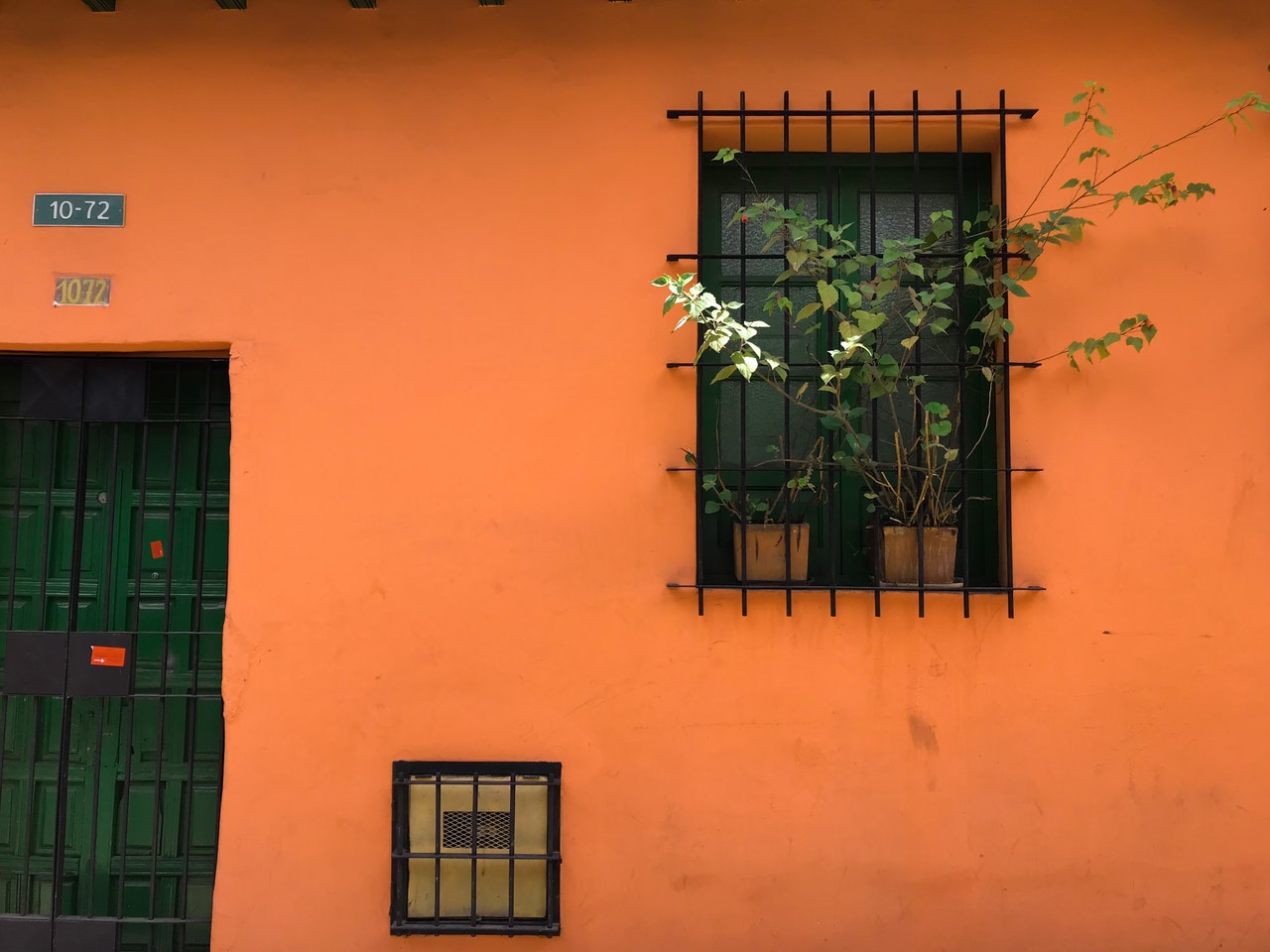Being a landlord is a tough job. Rental income may be passive income, but a person is actively working behind the scenes to ensure that the rental property is safe and maintained properly.
Whether it’s a broken fixture or a pest infestation, every tenant complaint must be attended to as soon as possible. Renters pay you good money for the privilege of living in your property, and it’s your job to keep it in good condition. However, many landlords fail to hold up their end of the bargain.
Safety is something you have to work at. Complacency and indifference can cost lives, and there are laws in place to ensure that residential properties, especially rentals, are safe. Depending on where you live, your properties may undergo periodic inspections. You also have to comply with local laws and regulations. For instance, you’re going to need a landlord gas safety certificate before the council can approve your permit.
Property maintenance isn’t for the faint of heart, and you’re going to deal with a wide range of issues, from fixing burst pipes to keeping walls and ceilings dry and mold-free. You also have to think about outside intruders. Here are a few property security tips to get you started.
1. Protect against accidental fires
Most residential properties are required to have sprinklers and smoke detectors installed in every apartment. That way, a fire can be put out as soon as it is detected. But adopting a proactive approach to fire safety can prevent accidental fires from happening in the first place.
For starters, you need to understand how fires start and spread. Once you’ve dealt with the basics, you then identify danger spots in your property and install safeguards to prevent the spread of fire. Most fires are started in the kitchen, so you might want to concentrate your efforts in that area.
2. Invest in security
With crime on the rise, tenants today are looking for apartment properties with security features such as door buzzer entry, security cameras, and a 24-hour security guard. But concentrating security in points of entry leaves a gap in other areas. Your tenants are willing to pay for individualized protection, including electronic door locks and secure elevators.
You can also improve each unit’s security by investing in steel entrance doors and window alarm kits for units close to the ground. Entrance doors and outside-facing windows have to be built to withstand forced entry, especially for units with balconies. You can also offer optional door jammers to tenants who request them.

3. Strengthen the windows
Once you’ve dealt with property security, you need to ensure that all your bases are covered. One area that’s often overlooked is windows. The security of window locks is at best an illusion, as anyone with a hard object can gain entry into the unit by breaking the windowpane. This is a real threat for lower-floor units.
To prevent forced entry through the windows, consider investing in security glass windows for lower-floor units. You can even extend the same protection to the entire property, as security glass also prevents damage caused by UV exposure and adverse weather events.
4. Place signs throughout the property
Don’t discount the power of psychological security. Warning signs can serve as a powerful deterrent against criminals. Announcing to the world that you have a security system in place can prevent potential intruders from entering your building.
The bottom line
A booming economy has allowed many investors to profit off their residential and commercial rental properties. The rental checks will keep on coming in as long as you fix issues and keep your tenants safe. If you take maintenance and security seriously, you can develop a reputation as a good and hardworking landlord.